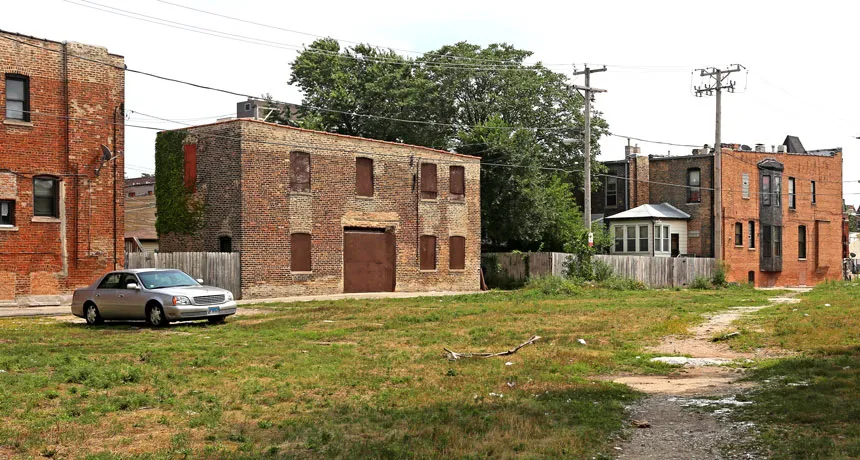A recent study published in JAMA Network Open has found that living in a neighborhood with low socioeconomic status (SES) is linked to a higher risk of premature death.
The study was conducted by Wayne R. Lawrence, Dr.P.H., and his team from the National Institutes of Health in Rockville, Maryland. It analyzed data from 12,610 Black and White participants from the Atherosclerosis Risk in Communities Study, which followed them for an average of 18.8 years, from 1996 to 2020.
The findings revealed that participants who lived in neighborhoods with the lowest SES scores during middle adulthood were at a significantly higher risk of premature mortality compared to those in the highest SES neighborhoods.
Specifically, the hazard ratio for premature death in the lowest SES group was 1.28, indicating a 28% higher risk. This risk was particularly notable among women who lived in low SES neighborhoods during young adulthood and White participants who experienced low SES during childhood.
Moreover, the study showed that the risk of premature mortality was even more pronounced for individuals whose neighborhood SES remained low from young adulthood through middle adulthood.

These participants had a 25% higher risk of dying prematurely compared to those who lived in consistently high SES neighborhoods throughout their lives. This suggests that prolonged exposure to low neighborhood SES has a cumulative negative impact on health outcomes.
The authors of the study emphasize the importance of addressing neighborhood-level social determinants of health through targeted interventions. They argue that future research should take a life course perspective, focusing on early-life socioeconomic inequalities to develop effective strategies for reducing premature mortality.
By understanding the long-term effects of low neighborhood SES, policymakers can better address the root causes of health disparities.
Finally, it is worth noting that one of the study’s authors has disclosed financial ties to the Bristol Myers Squibb Foundation, and another has received grants related to a class action lawsuit. These disclosures underline the importance of transparency in research and the need to consider potential conflicts of interest when interpreting study findings.
